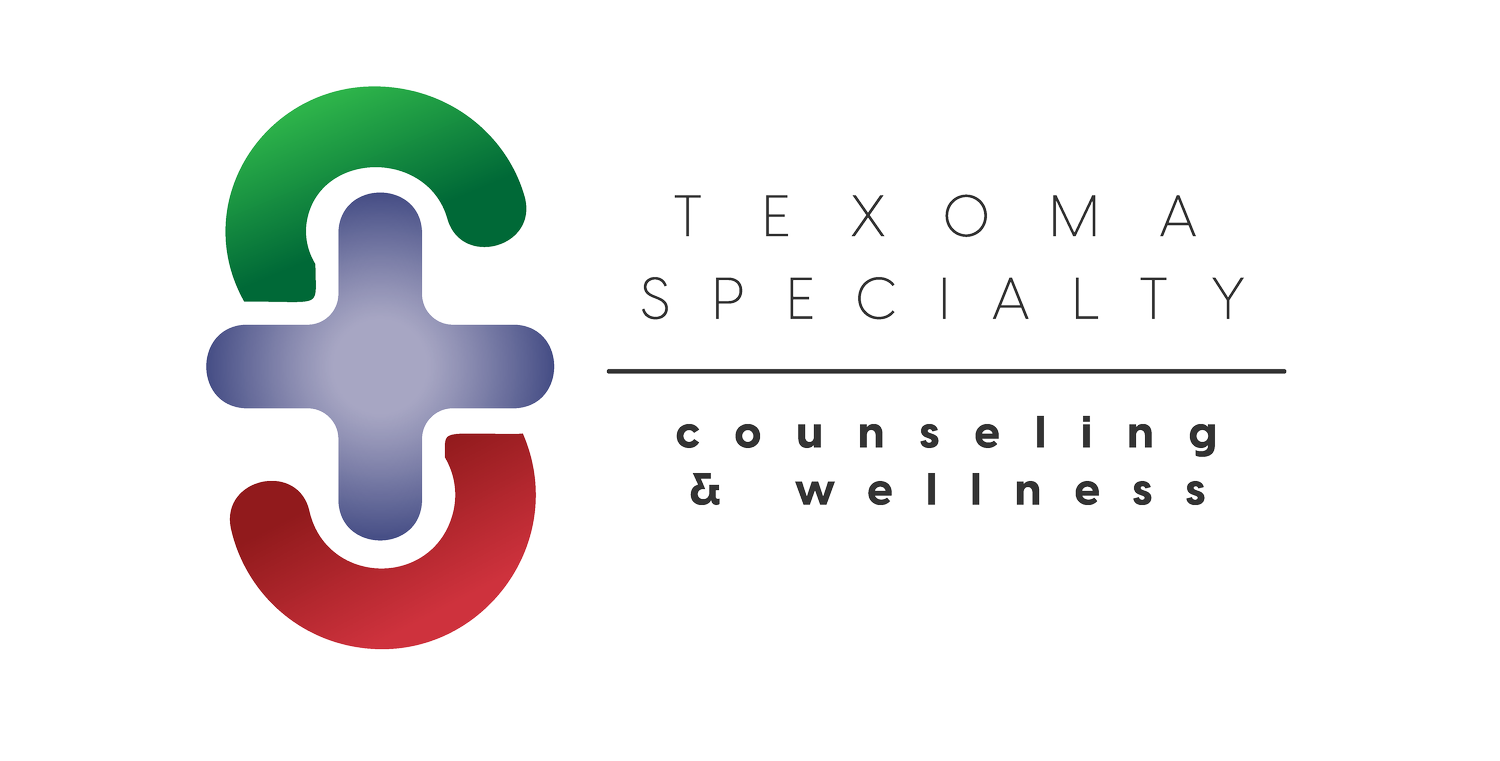Orthorexia – When Healthy Eating & Working Out Go To Far
My Journey with Orthorexia: When Health Takes Over
Today I am sharing a bit of my personal journey with eating disorders. First let me say that although I do talk about the media and the health and wellness industry a lot and how these things can trigger someone with an eating disorder, let me also say that working out and healthy eating are good things. I encourage people to work out and eat well. I encourage my clients to use exercise to improve anxiety and self-esteem.
For some people, not all people, but some people healthy eating and working out can go too far.
Many years ago I started working out to deal with my anxiety. I found that I really loved working out and how I felt. I am a perfectionist and tend to think in “all or nothing”. I went to the gym each day to work out harder than I did the day before. Are you asking yourself if working out and eating healthy is really that bad? Well it isn’t but keep watching for more on how healthy eating and working out can go too far.
Orthorexia is not an actual mental health disorder YET.
Balancing Health and Obsession: The Thin Line of Orthorexia
Sadly this means that a lot of people do not get help for this. We live in a society where healthy eating and working out are encouraged and idolized. The problem is that living a healthy lifestyle should allow you to have fun and have energy, not feel chained and oppressed. For some, like me, the obsession to eating well and exercise overcomes and consumes every thought, feeling, and behavior. Orthorexia is a form of disordered eating.
Orthorexia Unveiled: Signs and Symptoms
You spend so much time thinking about food, and preparing food, that you miss time with friends, loved ones, and activities.
If you eat unhealthy food you feel anxious, ashamed, and disgusting.
Judge others for not eating healthy
You get self-esteem and self-worth from your eating habits
It is difficult to relax your eating patterns. For example you attend a wedding and although you want to eat wedding cake you are not able to.
Your food list is restrictive. There are only a few foods you will eat and a long list of foods you will not eat.
You have lost a lot of weight and have possible health issues as a result of weight loss, i.e., hair loss, skin problems, lost your period.
Let me state again that eating healthy and working out are wonderful activities and behaviors. They are necessary for health, self-esteem, and managing stress and upset. However it can go too far. If you have anxiety about eating and working out I would urge you to consider why you feel you need to work out and be healthy. Has it become the thing that gives you value and pride?
Let me ask you to consider other things about yourself to feel proud.
You do a lot of wonderful things and bring a lot to the table. You are more than your diet and your exercise routine. This is what gives you value and makes you a great and wonderful person. Focus on those things today.
A great way to learn if you or someone you love has an eating disorder is to take the free assessment from the National Eating Disorder Association. Here is the free assessment: https://www.nationaleatingdisorders.org/screening-tool
The take home message here is that there is help. People do not have to die from eating disorders. If you are worried you may have a problem, take the assessment. Then seek help. There is really, really good help out there.
Breaking Free: Seeking Help and Finding Hope
If you find this information helpful please share. This is a very complex issue that cannot be addressed in a 5 minute video, but feel free to ask questions and comment. Perhaps there is something I can help clarify for you.
Still not sure if you have an eating disorder? Here is a self-assessment, https://www.nationaleatingdisorders.org/screening-tool. This quick tool is to help you determine if you have an eating disorder and if you should get help. Visit NationalEatingdisorder.org to find help and get more information.


